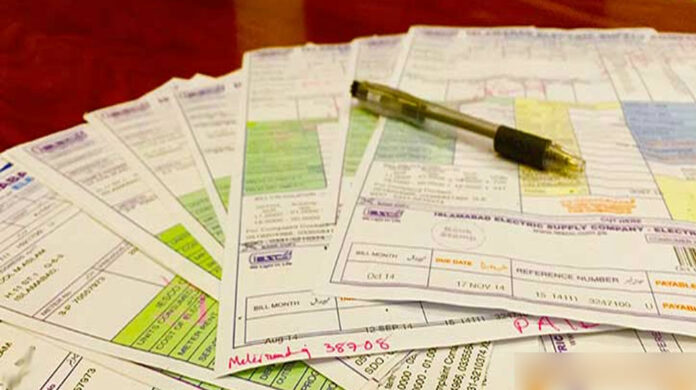The electricity tariff in Pakistan has witnessed a significant increase, rising by Rs4.96 per unit for the fiscal year 2023-24. This step has been taken by the National Electric Power Regulatory Authority (NEPRA) in response to the demands of the International Monetary Fund (IMF) as the country grapples with a severe debt crisis.
Implications for Power Consumers
The impact of this tariff hike will be felt by power consumers across different consumption slabs. The base tariff, which serves as the rate per unit of electricity charged by NEPRA, will now stand at nearly Rs30 per unit, representing an increase from the previous rate of Rs24 per unit. Furthermore, the duration of peak hours, when electricity usage is at its highest, has been extended by two hours, starting from 5 pm and ending at 11 pm. This extension will contribute to a higher bill amount for consumers.
Calculating Your Electricity Bill
To better understand how this tariff hike affects your electricity bill, it is essential to consider the various factors influencing its calculation.
Base Tariff
The base tariff varies depending on the consumption slab. In general, higher consumption leads to a higher base tariff.
Fuel Adjustment Charges (FAC)
FAC, which stands for fuel adjustment charges, are additional fees imposed by NEPRA to accommodate fluctuations in fuel prices. These charges are calculated on a monthly basis and added to the base tariff.
Taxes and Surcharges
Taxes and surcharges refer to government levies imposed on electricity bills. They include GST, TV fees, NJS surcharge, FC surcharge, and others. These charges are calculated as a percentage of the base tariff and FAC.
Peak Hours
Peak hours signify the period when electricity demand is at its peak while supply remains limited. During these hours, NEPRA applies a higher rate per unit of electricity compared to normal hours. Starting from July 1, 2023, the peak hours have been adjusted to span from 5 pm to 11 pm, replacing the previous time frame of 6 pm to 10 pm.
Calculating Your Bill
To calculate your electricity bill, follow these steps:
- Multiply your units of consumption by the base tariff.
- Add the fuel adjustment charges (FAC) to the calculated amount.
- Include the taxes and surcharges, which are a percentage of the base tariff and FAC.
- Check if your consumption falls within the peak hours. If so, multiply your peak hour units by the peak hour rate and add the result to your bill.
Here is a table displaying the base tariff and peak hour rate for different slabs of consumption. It serves as a useful reference point while calculating your electricity bill.
| Slab (Units) | Base Tariff (Rs/Unit) | Peak Hour Rate (Rs/Unit) |
|---|---|---|
| 0-100 | 18.36 | 22.03 |
| 101-200 | 23.91 | 28.70 |
| 201-300 | 26.41 | 31.69 |
| 301-400 | 28.91 | 34.69 |
| Above 400 | 29.91 | 35.89 |
Example Calculation
Suppose you consume 300 units in a month, out of which 100 units fall within the peak hours. In such a scenario, your bill would be calculated as follows:
Base tariff = 300 x 26.41 = Rs7,923 FAC = Rs0 (assuming no change in fuel prices) Taxes and surcharges = Rs7,923 x 0.2 = Rs1,585 (assuming 20% of the base tariff and FAC) Peak hour charges = 100 x (31.69 – 26.41) = Rs528 Total bill = Rs7,923 + Rs0 + Rs1,585 + Rs528 = Rs10,036
Therefore, for July 2023, your electricity bill would amount to Rs10,036.
Understanding the Impact
To estimate the impact of the tariff hike on your bill, you can utilize an electricity bill calculator. This tool allows you to compare your bill before and after the tariff hike, giving you a clear understanding of the difference it makes based on your consumption and slab.
The tariff hike is expected to generate additional revenue of Rs480 billion for NEPRA, aiding in the reduction of circular debt within the power sector. However, it is crucial to acknowledge that this increase places an additional burden on consumers who are already grappling with inflation and economic challenges resulting from the pandemic.







